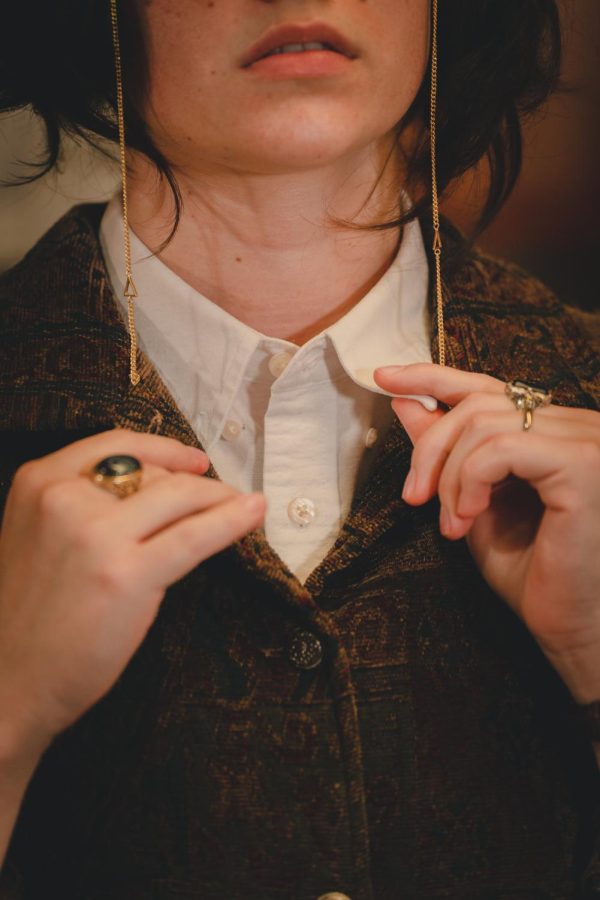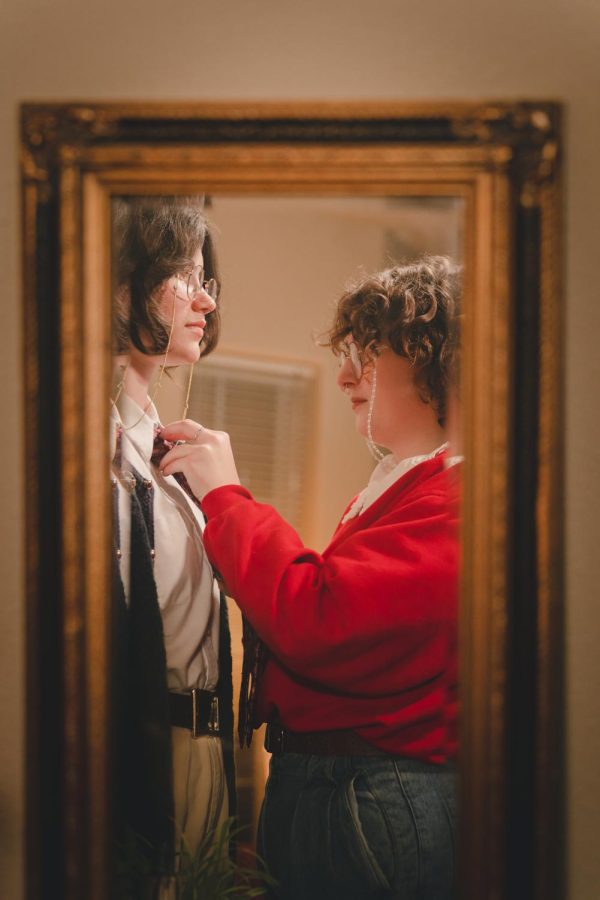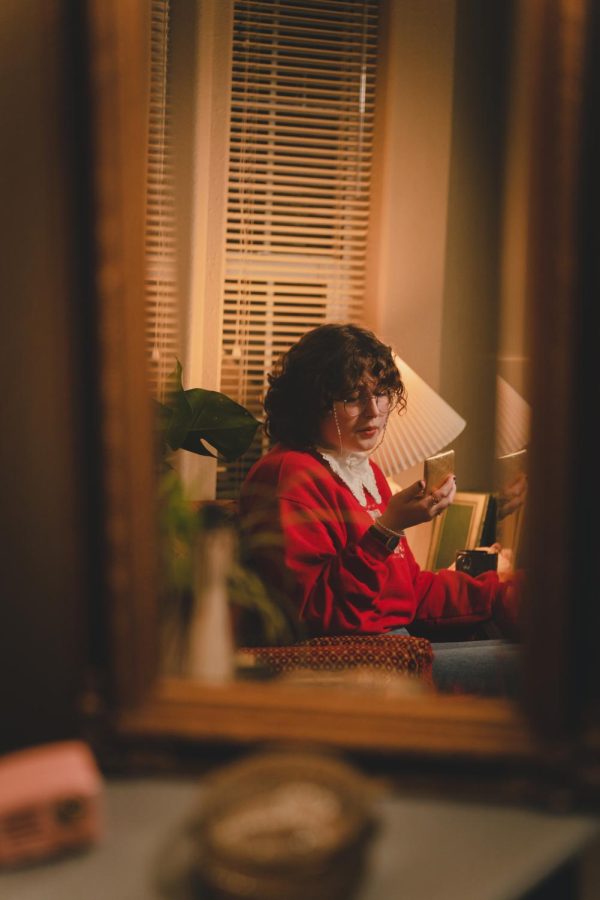Act Your Age
“Am I too old to wear this?”
“She looks great for thirty.”
“Hasn’t aged a day.”
Sound familiar? Oftentimes, the beauty of any aging person seems so up for debate -even entering your twenties can be intimidating, especially in college.
We are surrounded by so many new people and trends, and we often turn to people we admire for what to wear. These might be models, actors, or influencers. They show you how to do makeup, what to wear and how to wear it. Yet most are baby-faced teenagers that now have methods and money to maintain their youth. It’s difficult to see past the perfectly aesthetic and carefully catered “For you” page.

Older people are growing up with the internet too, and many enjoy using their social media platforms. A study by the Pew Research Center reports that the number of people 65 years and older who use modern technology has increased remarkably over the past decade. Yet they rarely will see themselves presented on the internet as beautiful.
Women, especially, feel the need to “correct” themselves with hair dye and wrinkle creams as they age. According to Garnier, out of 2,000 women surveyed, 85% chose to box-dye their hair regularly to hide gray hairs. Whereas men become “silver foxes” and are often considered desirable into old age without major editing.
The main question remains: How are you meant to feel confident throughout your life if you’re told confidence is only for the young?
People often discuss different varieties of diversity in fashion, but we rarely touch on ageism and how it affects our perceptions of beauty. Casting calls for models come with age limits, in addition to endless makeup advertisements that airbrush texture and folds in the skin. Regardless of what magazines and television would have you believe, the average age of society will continue to increase as our average lifespan increases.
According to the United States Department of Human Health Services, “between 2009 and 2019, the number of Americans aged 45-64 (who will reach age 65 over the next two decades) increased by 4% from 80.3 million to 83.3 million. The number of Americans aged 60 and older increased by 34% from 55.7 million to 74.6 million.”
The number of people that will be around longer will only increase, and they will continue to need clothing. Much of fashion loses purpose unless it resonates with society, and there’s an apparent loss if most people feel unrecognized. It’s difficult to buy a dress if there are no models that look like you.
Not to mention, your age shouldn’t condemn what you’re “allowed” to wear, even on a less professional level. Society and fashion often operate under the impression that older people are stereotyped as unfashionable and out-of-date. Meanwhile, younger people are expected to show skin and always be up-to-date on the latest trends.

As the famously couture, 101-year-old Iris Apfel says in her documentary: “It’s better to be happy than well-dressed.” Whether you’re 19 or 90, the point of clothing isn’t always to be age-appropriate. It’s to express yourself and have fun. Everyone ages eventually, even college students.
Further diversity calls for a broader age inclusion on runways and makeup ads so that growing people like you can find beauty in yourself – for all your life.


